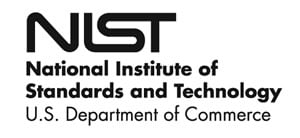RSS feed source: NIST--Advanced Communications
A Master’s degree (NQF Level 9) in Computer Science / Information Technology / Data Science or relevant field with at least four (4) years of lecturing experience at tertiary education level and/ or industry experience or an equivalent combination of relevant professional experience in Big Data Technology. Excellent English communication skills (oral and written). Competence to develop high-quality course materials and teach the following courses: Database Management Systems, Database Administration, NoSQL, HDFS, Hadoop, MapReduce, Hive, Pig, Spark, Kafka, ZooKeeper, Hbase, AWS, R Programming, Python Programming, Java Programming. Competence to establish professional networks and to maintain links with the industry, as well as experience in developing undergraduate programmes. A credible record of lecturing, peer-reviewed publications, community engagement, Certification in Big Data Technologies, and supervision of students (research) at both under and post-graduate levels will be an advantage.
Click this link to continue reading the article on the source website.


